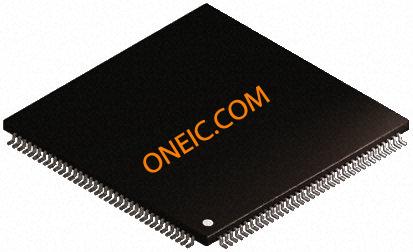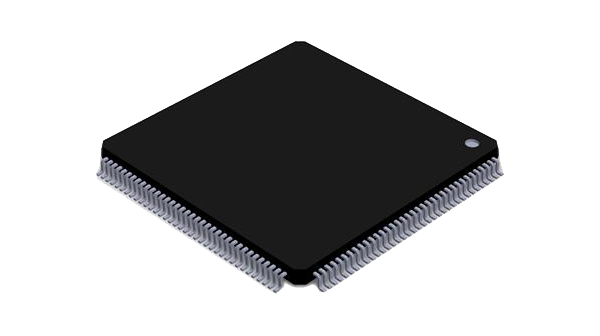TMS320LF2407A
16-bit digital signal processors with flash memory for embedded systems
Manufacturer: ['rochester', 'ti']
series introduction
# Introduction to the TMS320LF2407A Product Series
## 1. Overview
The TMS320LF2407A belongs to the TMS320C2000 series of digital signal processors (DSPs) developed by Texas Instruments. This product series is specifically designed to meet the demanding requirements of embedded control applications, offering a powerful combination of high - performance processing capabilities, rich on - chip peripherals, and low power consumption.
## 2. Key Features
### 2.1 Processing Power
- **High - Speed CPU**: The TMS320LF2407A is equipped with a 16 - bit fixed - point DSP core. It can execute instructions at a clock speed of up to 40 MIPS (Million Instructions Per Second). This high - speed processing ability enables it to handle complex control algorithms, such as those used in motor control, power electronics, and industrial automation, in real - time.
- **Harvard Architecture**: It employs a modified Harvard architecture, which features separate program and data memory buses. This allows simultaneous access to program and data memory, significantly improving the instruction execution efficiency and overall system performance.
### 2.2 Memory
- **On - Chip Memory**:
- **Flash Memory**: The device comes with 32K words of on - chip Flash memory. Flash memory is non - volatile, which means that the program code can be stored even when the power is turned off. This is particularly useful for applications where the program needs to be retained across power cycles, such as in standalone control systems.
- **Data Memory**: There is 2.5K words of on - chip data memory (RAM). This memory is used for storing variables, intermediate results, and data buffers during program execution.
- **External Memory Interface**: The TMS320LF2407A also provides an external memory interface, which allows for the expansion of memory if the on - chip memory is insufficient. It can interface with external SRAM, EPROM, or other memory devices, providing flexibility for different application requirements.
### 2.3 Peripherals
#### 2.3.1 Timer Modules
- **General - Purpose Timers**: It has two 16 - bit general - purpose timers (Timer 0 and Timer 1). These timers can be used for a variety of purposes, such as generating time - based interrupts, measuring time intervals, and implementing PWM (Pulse Width Modulation) signals for motor control.
- **Event - Capture Timers**: There are also two 16 - bit event - capture timers (Timer 2 and Timer 3). These timers are designed to capture the time of external events, such as the rising or falling edges of input signals. This feature is useful in applications like speed measurement and position sensing.
#### 2.3.2 PWM Modules
- **Multiple PWM Channels**: The TMS320LF2407A features six independent PWM channels. These channels can be used to generate PWM signals with different frequencies, duty cycles, and phases. PWM signals are widely used in motor control applications to control the speed and torque of motors, as well as in power electronics for controlling the output voltage and current of power converters.
- **Dead - Time Generation**: To prevent shoot - through in power MOSFET or IGBT bridges, the PWM modules support dead - time generation. Dead - time is the time interval between the turn - off of one switch and the turn - on of the complementary switch, which helps to improve the reliability and efficiency of power circuits.
#### 2.3.3 Analog - to - Digital Converter (ADC)
- **10 - Bit Resolution**: The on - chip ADC has a 10 - bit resolution, which
Images for reference

144-LQFP

Image Preview

Image Preview